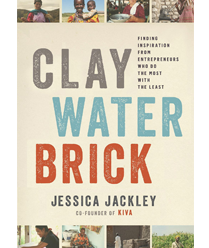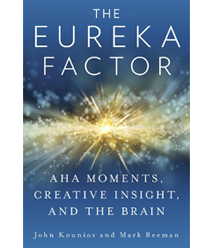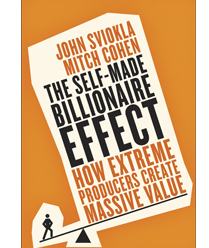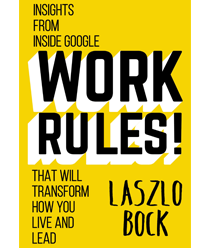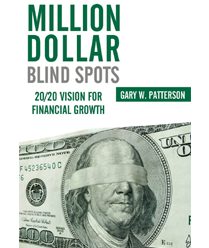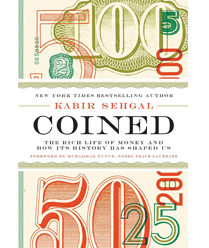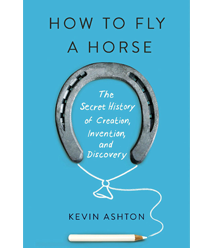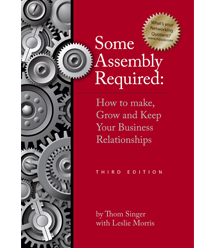No products in the cart.
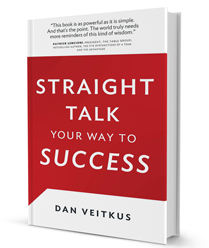
Straight Talk Your Way to Success
Are you tired of “smart talk” that leads to no good outcome?
Do you really want to endure another meeting, conversation or planning session that wastes your time and leads to no meaningful conclusion?
If you’ve had enough overdose on management consulting jargon, political double-talk, pointless meetings and friendly fire masked as boardroom banter this is the book for you.
We are living in the midst of a smart talk epidemic and Straight Talk your Way to Success will point the way to a universal cure. Get ready to spot the traps and shed the smart talk trash so you can effectively rekindle the “Straight Talk” sense you were born to practice.
Straight Talk your Way to Success delivers value for everyone regardless of age, experience, or profession. And if you’re deep in the corporate and professional trenches, please take note! When Morgan Stanley recently analyzed the most successful public technology companies, they found three overwhelming attributes of all top performers – a simple and focused mission, an effective management team and a great culture. This book will help you understand why no individual or organization can achieve these enduring characteristics without a firm commitment to practice Straight Talk.
In his best selling book, Good to Great, author Jim Collins proclaimed, “Good is the enemy of great.” This book will set another maxim for our time: “Smart Talk is the enemy of Smart Execution.”
Straight Talk Your Way to Success will remind you how to achieve success, happiness and fulfillment by simplifying your life with a commitment to Straight Talk. You’ll learn a set of Straight Talk Principles that will give your conversations and communications renewed credibility and help you deliver better clarity regarding your intentions, your requirements and your desired outcomes.
It’s brief. It’s bright. It’s your guide to accelerate success!

